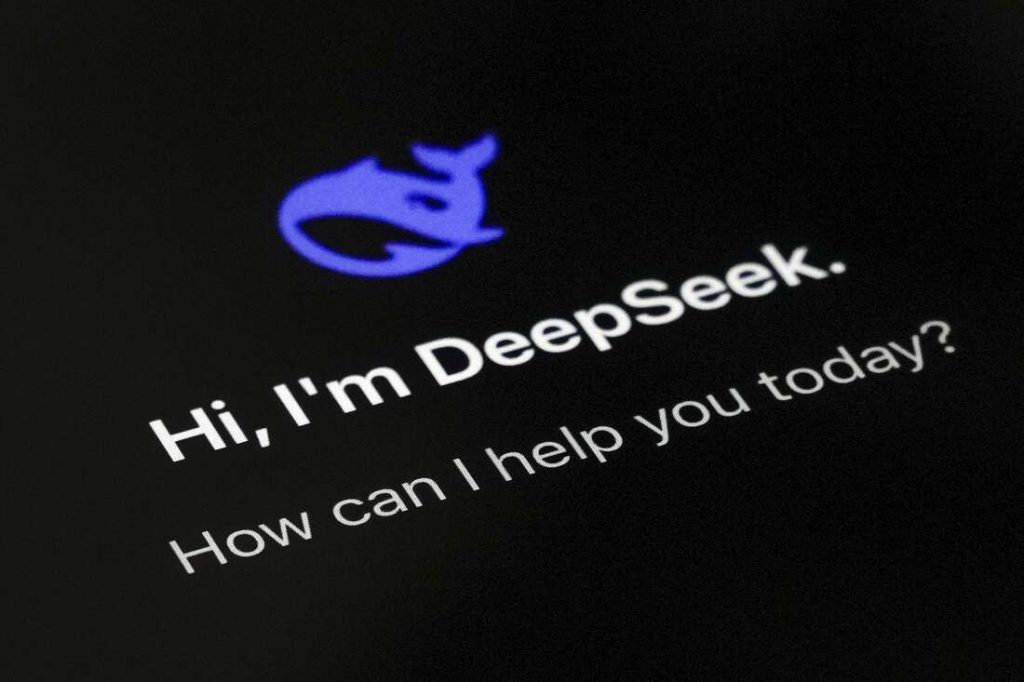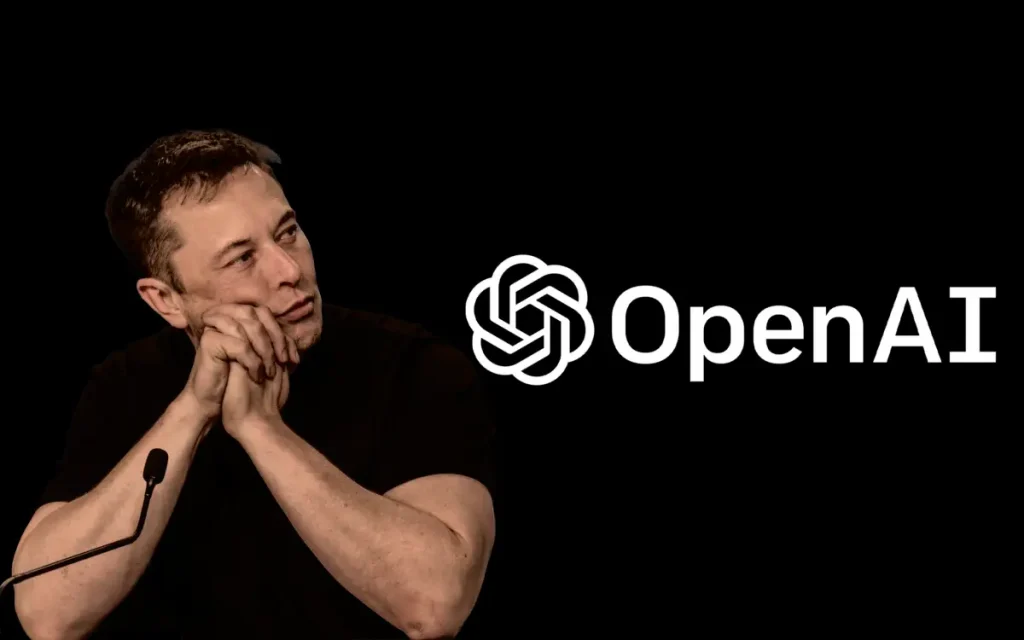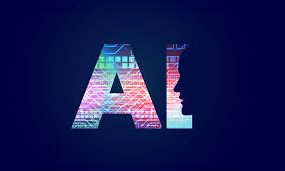Artificial Intelligence (AI) is evolving at a breakneck pace, with two developments recently capturing the tech world’s attention: DeepSeek’s meteoric rise in China’s AI sector and Elon Musk’s strategic moves concerning OpenAI. Let’s delve into these stories shaping the future of AI.
DeepSeek: China’s AI Challenger
In January 2025, DeepSeek, a Chinese AI startup, unveiled its R1 chatbot, a free, open-source model that rivals established players like OpenAI’s ChatGPT. This move has sent shockwaves through the tech industry, offering a cost-effective alternative to expensive AI models. DeepSeek’s R1 is reportedly 20 to 50 times cheaper to use than OpenAI’s models, depending on the task.
The implications are profound. DeepSeek’s success challenges the global AI landscape, prompting discussions about the sustainability of U.S. tech dominance. Analysts have likened this moment to a “Sputnik moment” for American AI, signaling a new era of competition.

Liang Wenfeng, DeepSeek’s founder, has been compared to OpenAI CEO Sam Altman, with CNN calling him the “Sam Altman of China” and an evangelist for AI. Chinese state media widely praised DeepSeek as a national asset.
However, DeepSeek’s rapid ascent hasn’t been without controversy. Governments in the United States have taken action against the application. For instance, Governor Kathy Hochul announced a statewide ban to prohibit the DeepSeek AI application from being downloaded on government devices and networks.
Elon Musk’s OpenAI Maneuvers
Concurrently, Elon Musk has intensified his involvement with OpenAI. In early February 2025, Musk, leading a consortium of investors, proposed a $97.4 billion bid to acquire the nonprofit entity controlling OpenAI. The offer was contingent upon OpenAI halting its transition to a for-profit model.
OpenAI CEO Sam Altman swiftly rejected the bid, accusing Musk of attempting to interfere with OpenAI’s operations. Musk’s lawyers have since stated that he will withdraw the offer if OpenAI remains a nonprofit, highlighting the tension between the two tech leaders.

This development underscores the ongoing debate over the commercialization of AI. Musk’s involvement reflects his broader vision for AI’s future, emphasizing open-source development and safety. In contrast, Altman advocates for a model that balances profit with the mission of ensuring that artificial general intelligence benefits all of humanity.
The Road Ahead
As DeepSeek continues to disrupt the AI market with its innovative models, and Musk’s strategic moves add complexity to OpenAI’s trajectory, the AI landscape is poised for significant transformation. These developments highlight the dynamic interplay between technological innovation, corporate strategy, and geopolitical considerations in the rapidly evolving field of artificial intelligence.
The coming months will be crucial in determining how these narratives unfold and what they mean for the future of AI. Will DeepSeek’s rise lead to a more diversified AI ecosystem, or will it face regulatory hurdles that limit its impact? How will Musk’s involvement with OpenAI influence the organization’s direction and the broader AI community? Only time will tell, but one thing is certain: the AI revolution is accelerating, and the world is watching closely.














